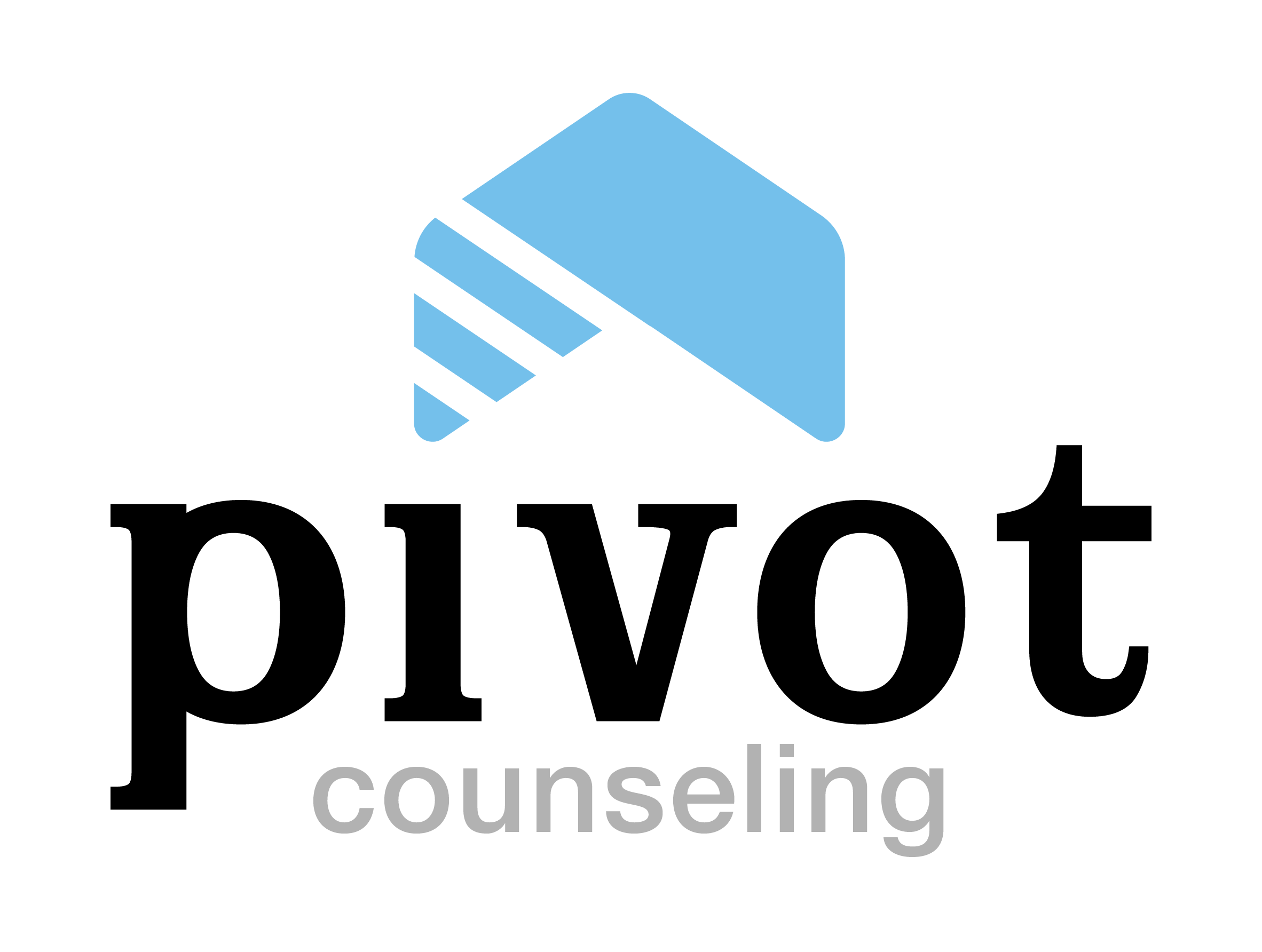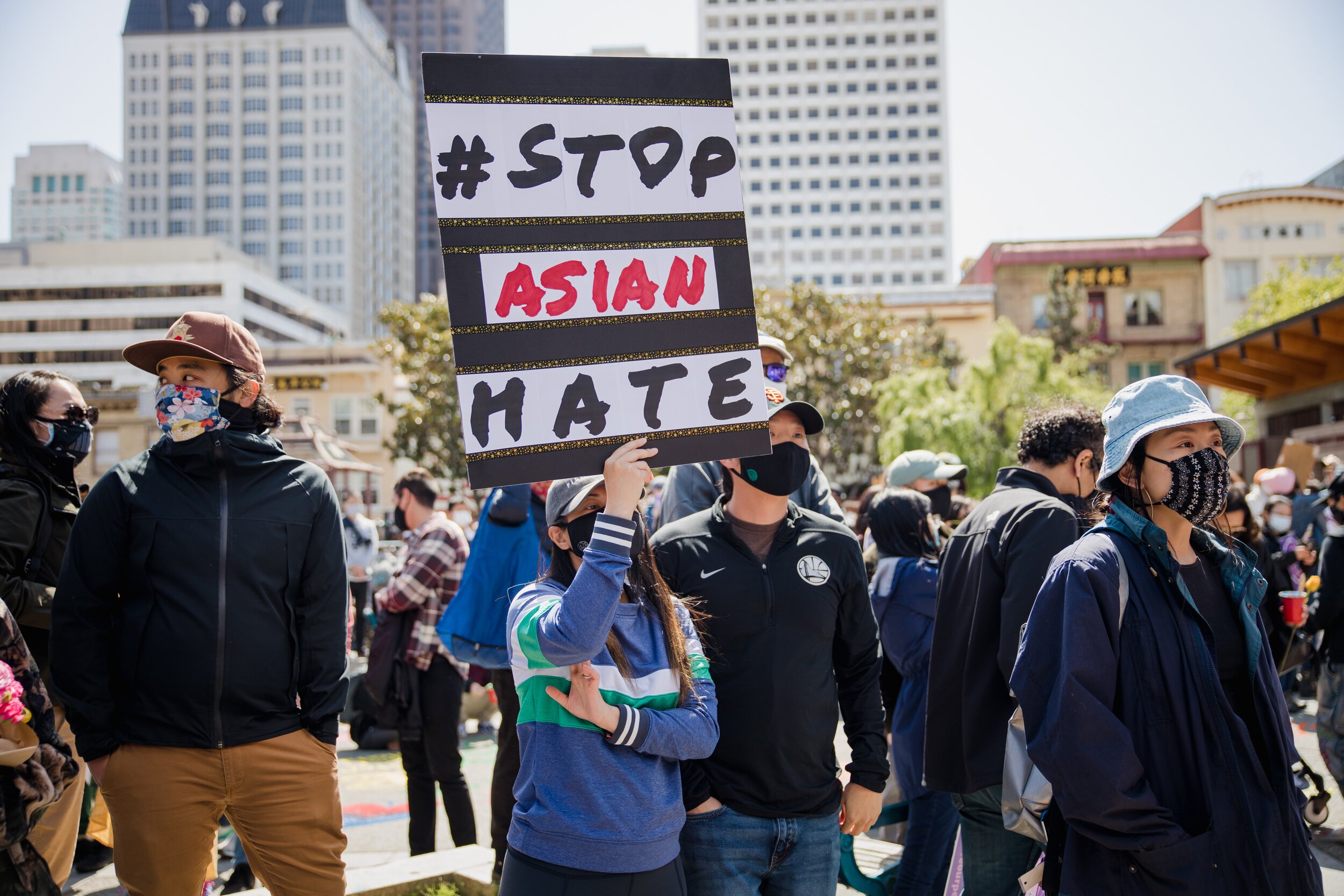Why Does Racism and Other Forms of Discrimination Exist? My Asian-American Perspective.
“How do you see out of those little eyes?” Kids at my elementary school would ask me these questions and gesture by pulling back the corner of their eyes. I remember feeling embarrassed and confused because “I can see out of my eyes just fine.” There are key moments in my life where I felt “less than” because of my race. I received feedback that I was ugly or weird because of my cultural background. This was most blatantly clear during my boot camp experience in Ft. Benning, GA when my drill sergeants (who I was supposed to respect) would call me racial slurs, single me out, and even hit me on a couple of occasions (which I never witnessed with anybody else). Then again, I was the only Asian individual (more on that personal story on pg. 89 of my book “Choose Better: The Optimal Decision-Making Framework). During these moments, I cannot help but wonder why these acts of hate occur.
I was encouraged by my wife to speak into these matters now that these racial attacks are hitting really close to home (both literally and figuratively). According to the Stop AAPI hate reporting center, there have been at least 3,795 reports of anti-Asian racism since March 2020 with nearly 45% of them in California (Source). This isn’t an issue for me simply because I am Asian-American. The Black Lives Matter movement is just as significant and any form of hate crime is crippling the fabric of humanity and our nation.
So why does racism and acts of discrimination occur? Believe it or not, there is actually an evolutionary explanation for these behaviors. The world can be a difficult place to be in and there is a higher chance of survival when people stick together. But who can we trust? When we trust the wrong people, it may actually harm us. Our brains are programmed for survival and it looks for signals of safety. Safety signals tend to be people and things that are familiar to us. It is what we know and brings a certain level of predictability.
This is the tribe mentality; we look out for our own. In itself, there is something beautiful about this notion. There is a loyalty to your family, friends, and organization which is admirable. Being in a tribe or community gives us a sense of identity. We go out of our way to show our love and support to people we care and trust. There is a dark side to this loyalty as well when it is at the expense or exclusion of people NOT like us or people we perceive as NOT from our tribe. When we have the scarcity mindset that there are not enough resources for all of us to enjoy, we have a tendency to favor our familiar people and exclude the “outsiders.” Taken to the extreme, this “loyalty” leads to bigotry, discrimination, and war. In other words, “If you are not for us, you are against us.” Unnecessary enemies are created that hurt both the individual and society.
I propose there are two primary motivators to racism. Within the tribalistic mentality, the first one is the fear of the unknown. We tend to reject the unfamiliar because it doesn’t feel safe. Because people often take shortcuts to receive their information, they may believe whatever information is conveniently acquired. People receive false information based on rumors or overgeneralize conclusions based on a small collection (often times just one) of negative experiences. Our imagination when fueled with fear will fill in the gaps with more reasons to dislike people who act, talk, and think differently than ourselves. It takes work to get to know other people so we take the easy way out and use our tribe as a way to gang up against the perceived “threat.”
The other reason is the sense of superiority. A healthy dose of pride can be seen as positive self-esteem or confidence. When taken to the extreme (which is often derived from insecurity), people may use aggression or shame to feel better about themselves at the expense of hurting others. When people stop seeing people as valuable beings who have a body, mind, and spirit just like them, the most vile and sickening acts can occur against our fellow brothers and sisters. You can be valuable and worthy without demeaning another person.
So, what can we do to stop the hate?
1. Ask: Be willing to ask about people’s experiences with racism or any sort of discrimination. The reason why movements like Black Lives Matter and Anti-Asian Hate exist is to bring awareness to these invisible wounds that people have been carrying for years. Checking in is one way to show that you care and see them.
2. Listen: When people are hurting, they need to be healed. One way of healing emotional wounds is to listen and validate their experience. It is often a secondary trauma that occurs when someone shares their story and is dismissed or ridiculed. Be a healing experience for someone who needs to be heard and know that what that person is experiencing makes sense to him or her.
3. Advocate: Even if you have never experienced discrimination yourself, we most likely know someone who has experienced these hurtful acts of hate. Often times these micro-aggressions that lead up to overt hate speech occur because the majority of people tolerate it. They sit by the sideline and laugh along or pretend those behaviors never happened. Being indifferent to hate-centered behavior is what allows discrimination to thrive. It is time to put our foot down and set boundaries on inappropriate behaviors.
4. Stay Curious: One way to begin breaking down walls of ignorance and hate is to welcome conversations around diversity. When someone says an off-colored joke or comment, dare to ask the question, “Why would you say something like that?” Or “Tell me how you really feel or think about people of color.” Sometimes people who are indoctrinated by discriminatory mindsets are not fully aware that they exist. Being curious about differing perspectives helps us gain more holistic understanding. It may even facilitate a more inclusive and healthier tribe. There is no need to shove any ideologies down people’s throats. Just be curious to understand how people draw certain conclusions and share how certain behaviors may affect you.
Racism and discrimination are not an individual issue, it is a systemic one. May we all do our part in cultivating a world that our children would be proud of. Let us start with you and me.





